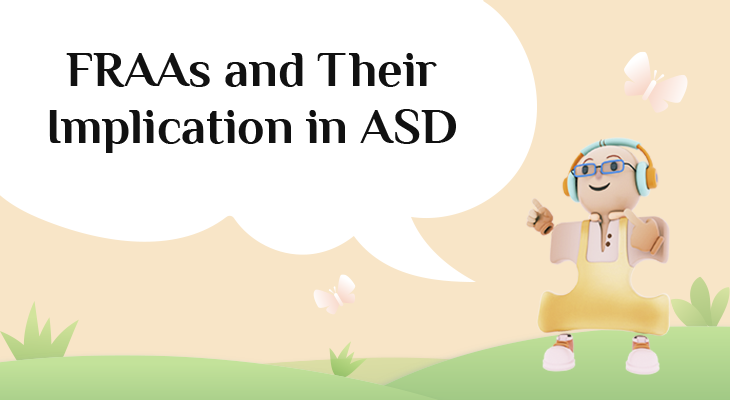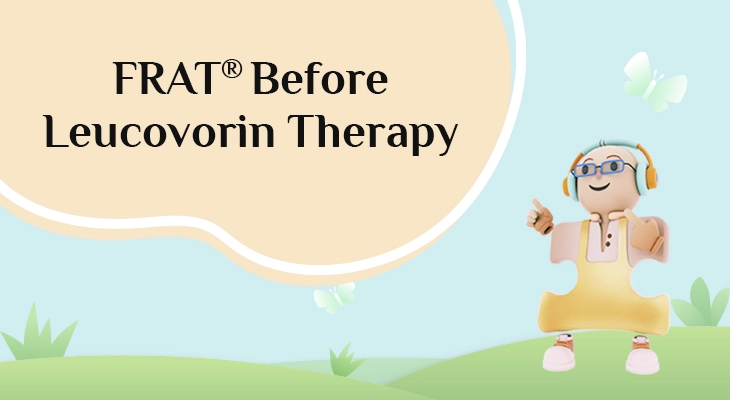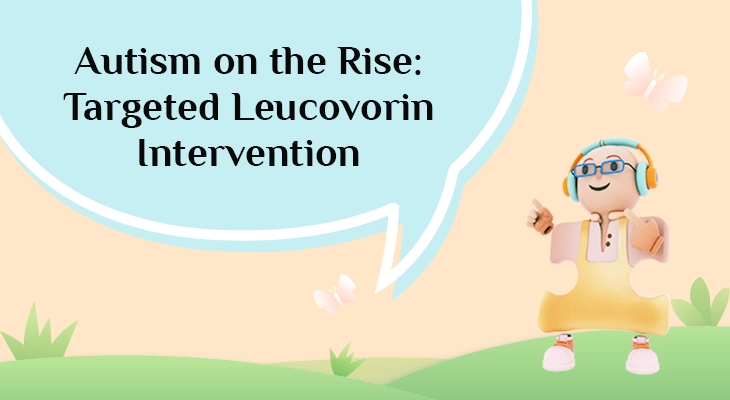
FDA Takes Action to Make a Treatment Available for Autism Symptoms
“The U.S. Food and Drug Administration has initiated the approval of leucovorin calcium tablets for patients with cerebral folate deficiency (CFD), a neurological condition that affects folate (a vitamin essential for brain health) transport into the brain. Individuals with cerebral folate deficiency have been observed to have developmental delays with autistic features (e.g., challenges with social communication, sensory processing, and repetitive behaviors), seizures, and problems with movement and coordination.”1
Beyond the Hype: Unpacking the Promise of Leucovorin for Autism
In the complex and often emotionally charged world of autism treatments, a surprising candidate has emerged from an unlikely source: the oncology arena. Leucovorin, a generic drug long used to protect healthy cells during chemotherapy, is now at the center of a growing conversation, hailed by some as a beacon of new hope. But what is this drug, and does it represent a true breakthrough or simply another chapter in the long search for an “autism pill”?
Let’s move beyond the headlines and dive into the science, the hope, and the necessary caution surrounding leucovorin.
What is Leucovorin, Anyway?
At its core, leucovorin is a form of folate, also known as vitamin B9. This isn’t a new, synthetic chemical; it’s a vital nutrient essential for brain development and function. In its pharmaceutical form, doctors have prescribed it for decades to enhance chemotherapy efficacy and counteract its toxic side effects. More recently, it has been recognized as a treatment for Cerebral Folate Deficiency (CFD), a specific neurological condition where the brain is starved of folate despite normal levels in the blood.
This connection to brain health is the key that unlocks its potential relevance to autism.
The Biological Bridge: Connecting Folate to Autism
Research has revealed a fascinating biological thread. A significant subset of children on the autism spectrum—over 75% in one study, compared to 10-15% of neurotypical children—produce antibodies that attack the very system designed to transport folate into the brain. Think of these “folate receptor alpha autoantibodies” as faulty gatekeepers, blocking a crucial nutrient from reaching the brain cells that desperately need it.
The premise is simple yet powerful: if a lack of folate in the brain is contributing to symptoms, then replenishing it with a form that can bypass the blocked pathway could yield benefits.
Glimmers of Hope: What the Research Shows
The anecdotal reports are compelling. There are stories, like that of a non-verbal toddler who spoke his first words just three days after starting leucovorin, that understandably generate immense excitement.
More formally, a 2012 clinical trial offered promising data. When children with autism and these specific autoantibodies were treated with leucovorin, one-third showed significant improvement in language skills. For families and clinicians, these results are not just statistics; they represent tangible progress in areas that directly impact quality of life.
As Dr. Richard Frye, a pediatric neurologist researching the treatment, stated, “If you’re going to the doctor and looking for an autism pill, it doesn’t exist… But leucovorin has helped a lot of children.”
The Crucial Reality Check: Why This Isn’t a “Magic Bullet”
This is where insight must temper optimism. It is critical to understand what leucovorin is not.
- It’s Not a Cure for Autism: Experts are unanimous on this point. Leucovorin does not address the underlying, complex genetic, biomedical and environmental roots of autism. As one neurologist put it, this is not a “magic bullet.”
- It’s Not for Everyone: This is perhaps the most important takeaway. Leucovorin is a targeted treatment, not a universal one. Its potential benefits appear largely confined to individuals who test positive for the specific folate-blocking antibodies (folate receptor autoantibodies). This makes a simple blood test (FRAT®) a crucial first step.
- It’s Still Experimental: Major insist on caution and when endorsing it as a universal standard treatment, emphasizing that “more studies are necessary.” While early data is encouraging, larger, more comprehensive trials are recommended to fully understand its efficacy and safety profile long-term.
- It’s Part of a Toolkit, Not the Whole Toolbox: Dr. Frye emphasizes that leucovorin is not a standalone solution. In his practice, it was used alongside established therapies like ABA and speech therapy. He theorizes that by correcting a metabolic deficiency, the drug may “accelerate the effectiveness of all these therapies,” helping children get more out of their interventions.
The Bottom Line: Cautious Optimism and Informed Action
The story of leucovorin and autism is a powerful example of scientific discovery—repurposing an old drug for a new, nuanced application. It moves the conversation toward biologically defined subtypes of autism, which is a significant step forward for personalized medicine.
For families, the message is one of cautious optimism.
- If you are exploring this option, start with a conversation with a knowledgeable healthcare provider.
- Understand the necessity of biomarker testing to determine if your child is even a candidate.
- Manage expectations. This is a potential aid for specific symptoms, not a cure.
- View it as a potential complement to, not a replacement for, behavioral and therapeutic interventions.
The hope surrounding leucovorin is real and, for some, may be life-changing. But the true insight lies in understanding its limits and its promise, navigating the path forward not with hype, but with science, caution, and a clear-eyed view of what it truly represents.



